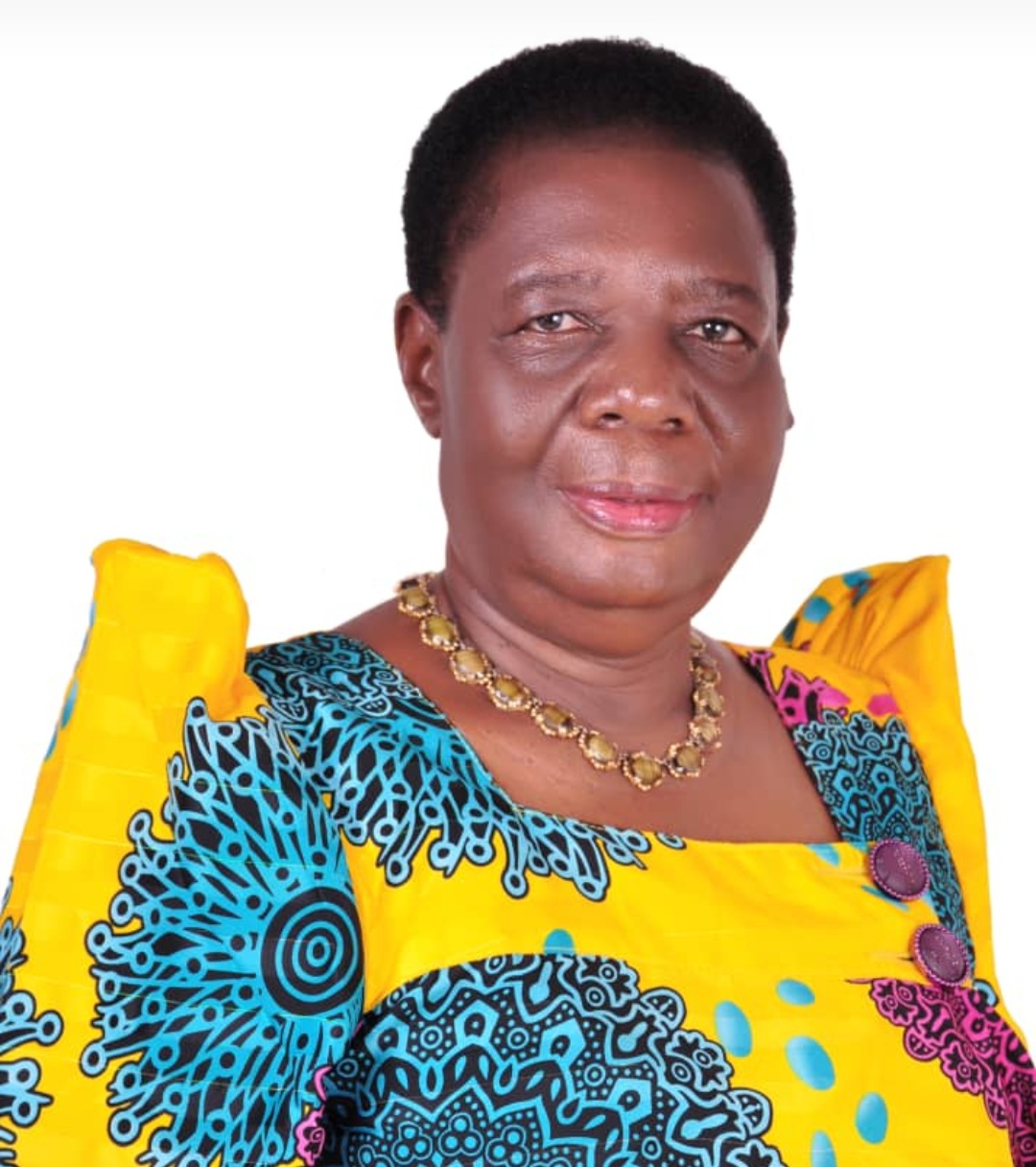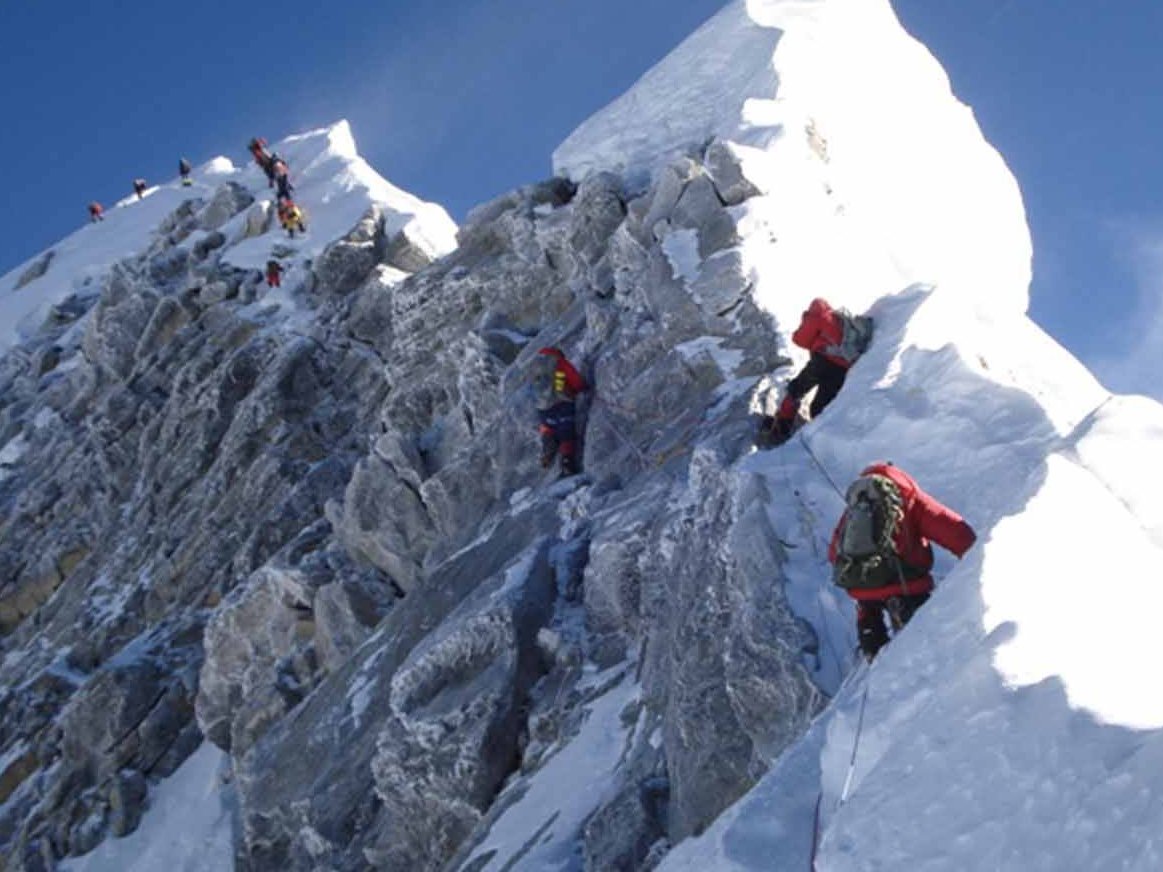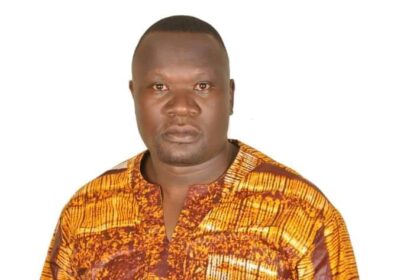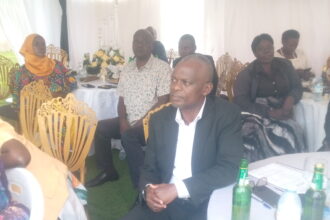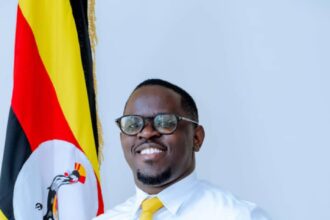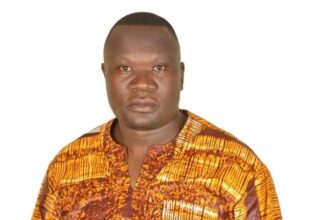In a powerful call to action, Senior Presidential Advisor (SPA)Mrs Florence Mutyabule is challenging women in Busoga to shatter the shackles of a long-held belief that confines them to the kitchen.
With unwavering determination, Mrs Mutyabule, who heads poverty alleviation campaigns in the region, is urging women to embrace their potential and strive for greatness beyond the domestic sphere.
In an exclusive interview, Mrs Mutyabule emphasized the importance of men’s support in empowering women.
”…Its time for men to recognize the value of their daughters and wives beyond the kitchen”…, she stressed.
The former Namutumba District Woman MP said by supporting and encouraging them, we can unlock the full potential of our women and create a brighter future for our communities.
As a beacon of hope for women in Busoga where she served in various capacities as class teacher to head the powerful Church of Uganda-founded Buckley High School in Iganga as well as leading Mothers Union under Busoga Diocese, Mrs Mutyabule’s message is clear:
“…it’s time to shatter the glass ceiling and unleash the full potential of women, let’s join President Yoweri Kaguta Museveni in this revolutionary journey towards a brighter more inclusive future…”,she cried loudly.
While the government, together with its development partners, has put in place a lot of resources to support women and girls’ empowerment, some people in the region have continued to undermine women and girls.
“…some shameless relatives and leaders prefer to settle defilement cases out of court purportedly to avoid grudges when in actual sense they want to get money from the culprits…” Mrs. Mutyabule lamented.
Globally, women and girls face numerous challenges, including gender-based violence, limited access to education and healthcare, and unequal economic opportunities.
Despite progress, gender inequality persists, and women remain underrepresented in leadership positions.
In Sub-Saharan Africa, women face additional barriers like education and economic opportunities, high rates of child marriage and teenage pregnancy, gender-based violence, and female genital mutilation in isolated areas and limited representation in leadership positions.
However, there are success stories, and Uganda is a notable example. Under President Yoweri Museveni’s leadership, Uganda has made significant strides in empowering women.
As can be recalled, Dr Specioza Wandira Kazibwe, a celebrated medical doctor from (Busoga) Budwege, Iganga, was appointed Africa’s first female Vice President (1994-2003).
In the current setting, a number of females continue to occupy juicy positions like Uganda’s Vice President Jessica Alupo, Prime Minister Robina Nabanja, First and Third Deputy Prime Ministers Rebecca Alitwala Kadaga and Hajjat Rukia Isanga Nakadama.
Mrs. Mutyabule also says the NRM has introduced affirmative actions in education, business, and politics, including free primary and secondary education (UPE and USE).
The government has also made it easier for women to have access to credit finance through entrepreneurship programmes.
“…while challenges persist, Uganda’s progress demonstrates that with commitment and policy support, women’s empowerment can become a reality, meaning the country’s achievements serve as a model for other nations to emulate…”,Mrs. Mutyabule proudly states.
What You Need To Know:
Gender based Violence-Women and girls in Busoga face high levels of violence, including sexual harassment, defilement, rape and domestic violence.
Women and girls have limited access to education and economic opportunities, making them more vulnerable to poverty and dependence on men.
They have limited access to healthcare, particularly reproductive healthcare, making them more vulnerable to maternal mortality and morbidity.
Women and girls face cultural and social norms that perpetuate gender inequality, including early marriage, forced or arranged marriage, and access to land and property.
Perpetrators of violence and abuse against women and girls often go unpunished, perpetuating a culture of impunity and making it difficult for women and girls to seek justice.
There is also limited data and research on the specific challenges facing women and girls in the region, making it difficult to develop effective solutions to address these challenges.
Do you have a story in your community or an opinion to share with us: Email us at Submit an Article



